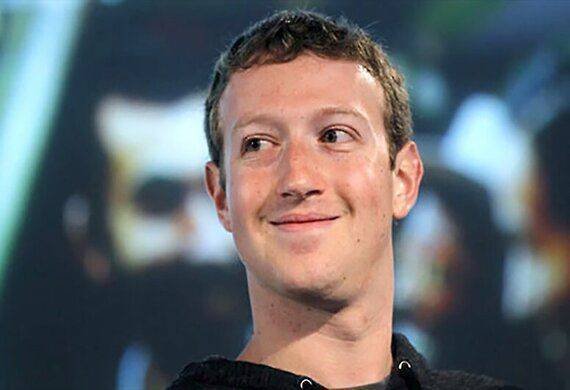Meta CEO Mark Zuckerberg Labels Social Media Criticism as 'Sensationalist'
By Global Leaders Insights Team | May 27, 2025

Meta CEO Mark Zuckerberg has argued that social media is not inherently harmful, and that its impact is largely determined by how people use it. On the 'This Past Weekend' podcast, Zuckerberg addressed host Theo Von's question about whether social media is bad for people, emphasizing the lack of conclusive research linking it to poor mental health outcomes.
Key Highlights
- Meta CEO Mark Zuckerberg described critiques of social media's impact as "sensationalist," emphasizing that user experiences depend on individual engagement choices.
- He challenged claims that social media inherently harms mental health, citing inconclusive research and advocating for balanced media coverage.
"We work with academics to study it," Zuckerberg said. "You know, as you can imagine, there's a lot of sensationalist media coverage of this stuff, attempting to present a skewed perspective. My understanding of the current state of the research is that there isn't a conclusive finding that this is harmful to people's well-being," he said.
He called media portrayals of social media "sensationalist" and said they frequently present a "skewed point of view."
Meta CEO says user choices shape the impact of social media
Mark Zuckerberg distinguished between the "media" and "social" aspects of social media, implying that genuine interactions and positive relationships can benefit well-being while passive content consumption may be neutral or harmful. He compared the digital environment to lifestyle choices, such as living in a city versus the countryside, with each offering advantages and disadvantages.
From his perspective, technology provides greater freedom and creativity, allowing people to work less or engage more meaningfully. "Just because I build something doesn't mean that people are going to use it," he said, claiming that the impact of social media is determined by user behavior rather than company intent.
.jpg)



